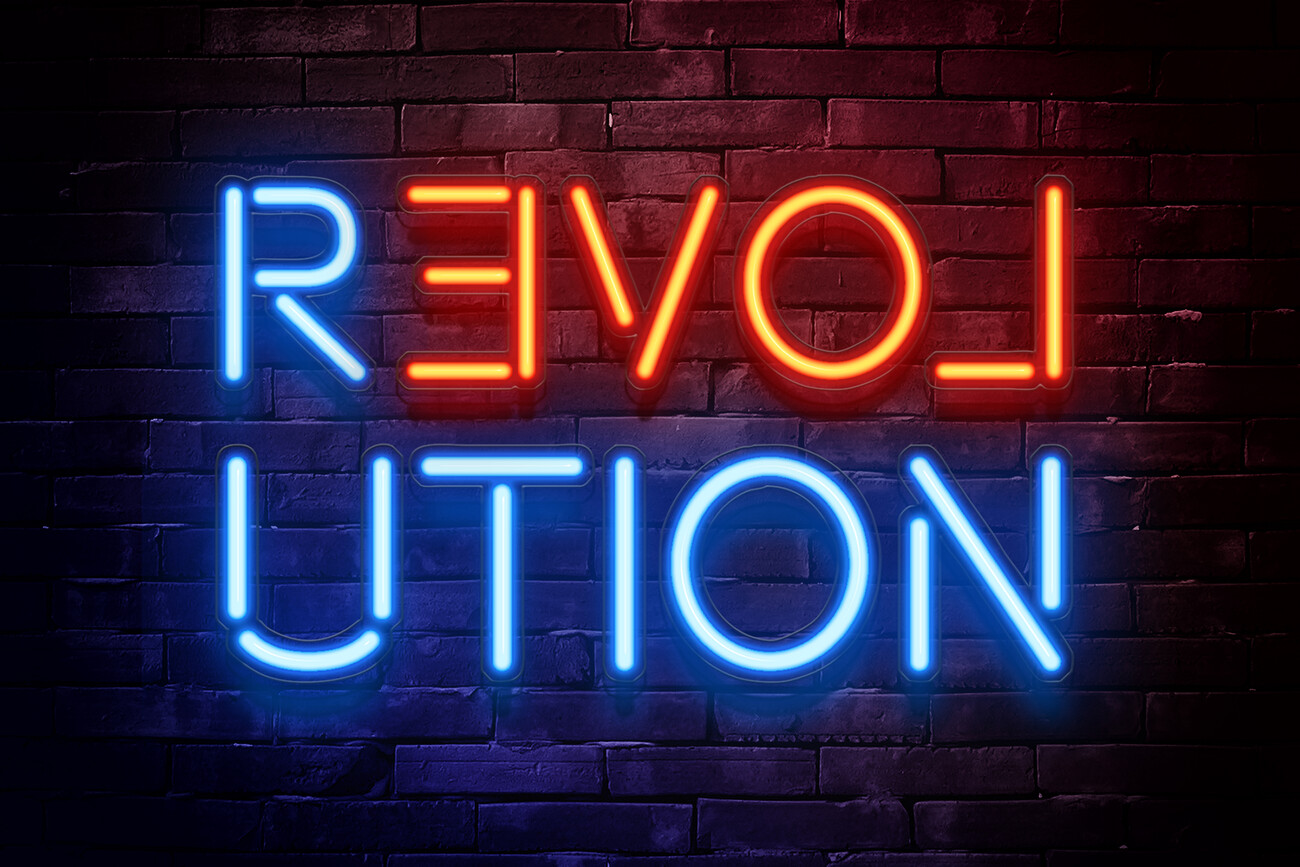Am I a revolutionary? I have been a founder member of A Dignified Revolution which was a nurses’ group created out of great concern from the public about reports of elder abuse in hospital wards and in care homes in 2007. I am also the founder Tribe member of Jackie’s Revolution – created in 2020 by a serious concern for the number of older adults living in care homes in the UK and being denied, in the early stages of COVID-19, any protection from this pandemic virus. The Tribe built on the founder’s concerns for ageism and denial of human rights in the present government policies and practices for long-term care of older adults in the UK. Now I am a core Director of Jackie’s Revolution CIC set up in 2022.
Does this indicate that I like to challenge the status quo, particularly around care and support for older adults, which is my core interest as a previous registered nurse and social gerontologist?
Not necessarily, as what drives me is a concern that often good government care policies do not necessarily result in good action plans or even good outcomes for the individual. This, in my experience, is because there is little insistence or consistency in how care and support for a good, personalized quality of life are enforced and monitored for compliance, equity, and equality as well as social value for health and well-being.
The practitioner, in particular in health and social care is the “middle person” between interpreting policy into practice. They should also be there for the end user – the individual receiving care and support practice, and how they experience that through genuine meaningful participation in how that practice is generated and experienced.
Amongst other things, core to good practice is inclusive, respectful language and attitudes learned through family values, professional education, and previous experiences. However, professional care education can build on existing good values or influence for change, poor values.
Language and attitude are so closely linked – perfect examples are racist or ageist language which indicates the lack of recognition of the individual, the human being and instead lumps an attitude for a race, group, or generation by just one negative image or experience which was never challenged at the outset.
For example, in institutional care for older adults, we, the public, politicians, and health and social care professionals have allowed and quite effortlessly enabled the ultimate ageism, “putting” an older adult into a care home just because their health needs (and it is usually health needs) cannot; for reasons of policy, attitude, and cost, be met any longer in their own home. The human rights of the older adult, their autonomy, are not recognized and valued anymore. The language we often use to describe older adults is negative, stereotypes them and does not recognise their individuality.
Interestingly, adults younger than 60 who become disabled with high-level needs are supported to continue living in their own homes which may be adapted to keep them there. However, for older adults the politicians and the public allow them to go into institutional care. This history will be described in another blog.
Ask yourself, do you want this situation to continue or do you want to join and/or support championing Jackie’s Revolution?

